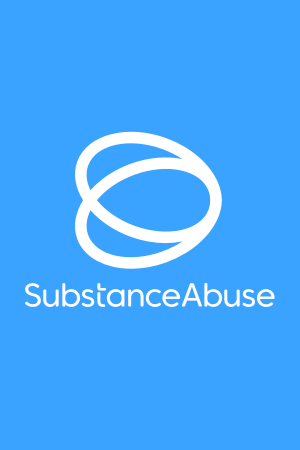How Can Family Involvement in Treatment Help an Addict?


When an addict’s family gets involved in their treatment program, it can actually be an incredibly beneficial addition to the other aspects of their recovery. If someone you care about is suffering from an addiction and needs help, find a rehab center that will cater to your loved one’s needs and allow you to be involved in the process of recovery.
Is Family Involvement Beneficial to One’s Treatment for Addiction?
According to the National Institute on Drug Abuse, “Involvement of a family member or significant other in an individual’s treatment program can strengthen and extend treatment benefits.” Many individuals in recovery find that having their loved ones involved in their rehab program can
- Increase their chances of attending and staying in treatment, as their loved ones’ encouragement will make them more likely to seek out and stick with a particular program
- Provide them with the social support many addicts require in order to safely and effectively recover from substance abuse
- In fact, a study from Psychiatric Quarterly states that those who do not have a strong social support system should consider seeking inpatient care, where the doctors, nurses, counselors, and other patients can become their support system.
- Having a strong and supportive family that is involved in one’s substance abuse recovery can make this option less necessary, but in general, it only adds to one’s feelings of encouragement during treatment.
- Help patients stay on track with good and healthy behavior
- Family members can provide rewards and encouragement when an addict hits a milestone in their recovery.
- In addition, by staying involved and helping the individual seek any further assistance they need when a relapse or another issue occurs, family members can keep addicts from experiencing even more serious problems as well.
Of course family members can be supportive and encouraging to addicts who are going through treatment and even after the program is over. But how can you get directly involved with someone’s rehab program?
How Can the Family Members of an Addict Get Involved in Treatment?
It does help many addicts when their family members get involved in their treatment. In fact, many rehab programs are tailored to this option and encourage families to get involved with their loved one’s care. Some ways you can get involved in a family member’s treatment program include
Family therapy
- While there are many different therapeutic programs a patient may encounter during their time in addiction treatment, family therapy can be especially beneficial for everyone involved.
- According to the NIDA, this therapeutic method has been found to be effective for the treatment of both adults and adolescents and is meant to address multiple problems in the family dynamic.
- Patients can learn to be more understanding and respectful to the needs of their family members while their loved ones can learn to accept and let go of hurt feelings and change enabling behaviors.
Visiting and calling
- When a family member call or visits frequently, the patient is able to get constant reassurance that other people care about their recovery.
- This also gives them a tie to their home life if they are attending inpatient care, which is an important way for patients to stay in touch with the outside world.
- Family members who visit can also sometimes attend meetings with the patient and their doctor or counselor in order to learn more about the individual’s recovery.
Seeking your own treatment
- One way to get involved in a loved one’s addiction treatment is to seek help of your own.
- Some individuals decide to see a counselor and to talk about their feelings about their family member’s addiction.
- Others choose to attend support groups such as Al-Anon or Nar-Anon. These are groups where the family members of addicts can get together and discuss their experiences.
You can get involved in your loved one’s treatment in many different ways, either by directly attending family therapy sessions with them, attending your own therapy sessions, or just by visiting. These kinds of actions can immensely benefit their recovery and help you as well.


